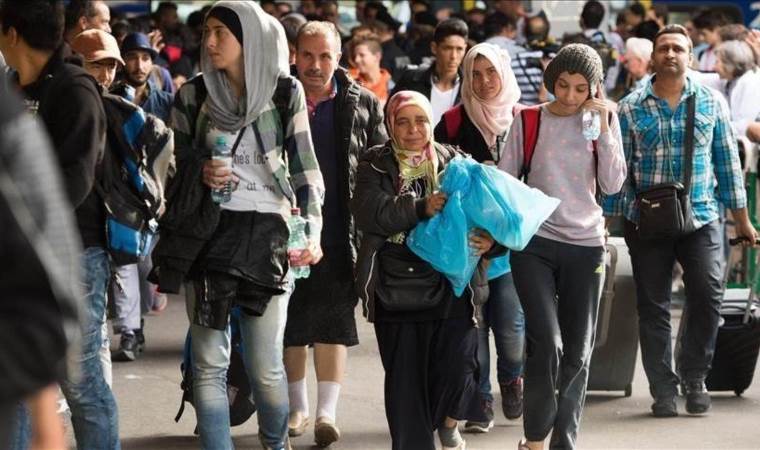European Commission proposes 1st list of safe countries of origin for asylum applicants
The European Commission on Wednesday proposed the European Union’s first common list of safe countries of origin for asylum applications, aiming to streamline the bloc’s asylum procedures and reduce pressure on national systems.

The proposed list includes Kosovo, Bangladesh, Colombia, Egypt, India, Morocco, and Tunisia. It is intended to complement existing national lists maintained by EU member states and enable the use of accelerated procedures for asylum applications from these countries, the Commission said in a statement.
“The EU list of safe countries of origin can be expanded or reviewed over time,” the statement said. “Countries can also be suspended or removed from the list, should they no longer fulfil the criteria for being designated as a safe country of origin.”
The Commission noted that countries with EU candidate status are generally considered to meet the criteria for safe country designation. However, exceptions may apply if an EU-wide asylum recognition rate for a country exceeds 20% or in cases of indiscriminate violence due to conflict.
The proposal is based on an analysis by the EU Agency for Asylum and draws on data from member states and the United Nations High Commissioner for Refugees (UNHCR), according to the statement.
To further support more efficient asylum processing, the Commission also proposed to frontload two key elements of the Asylum Procedure Regulation.
First, member states would be allowed to apply border or accelerated procedures to applicants from countries with an average EU-wide protection rate of 20% or lower. Second, the use of the “safe country of origin” and “safe third country” concepts could include exemptions for specific regions or groups, offering greater flexibility to member states.
The proposals come amid ongoing efforts to reform the EU’s migration and asylum systems and address disparities between national procedures.
